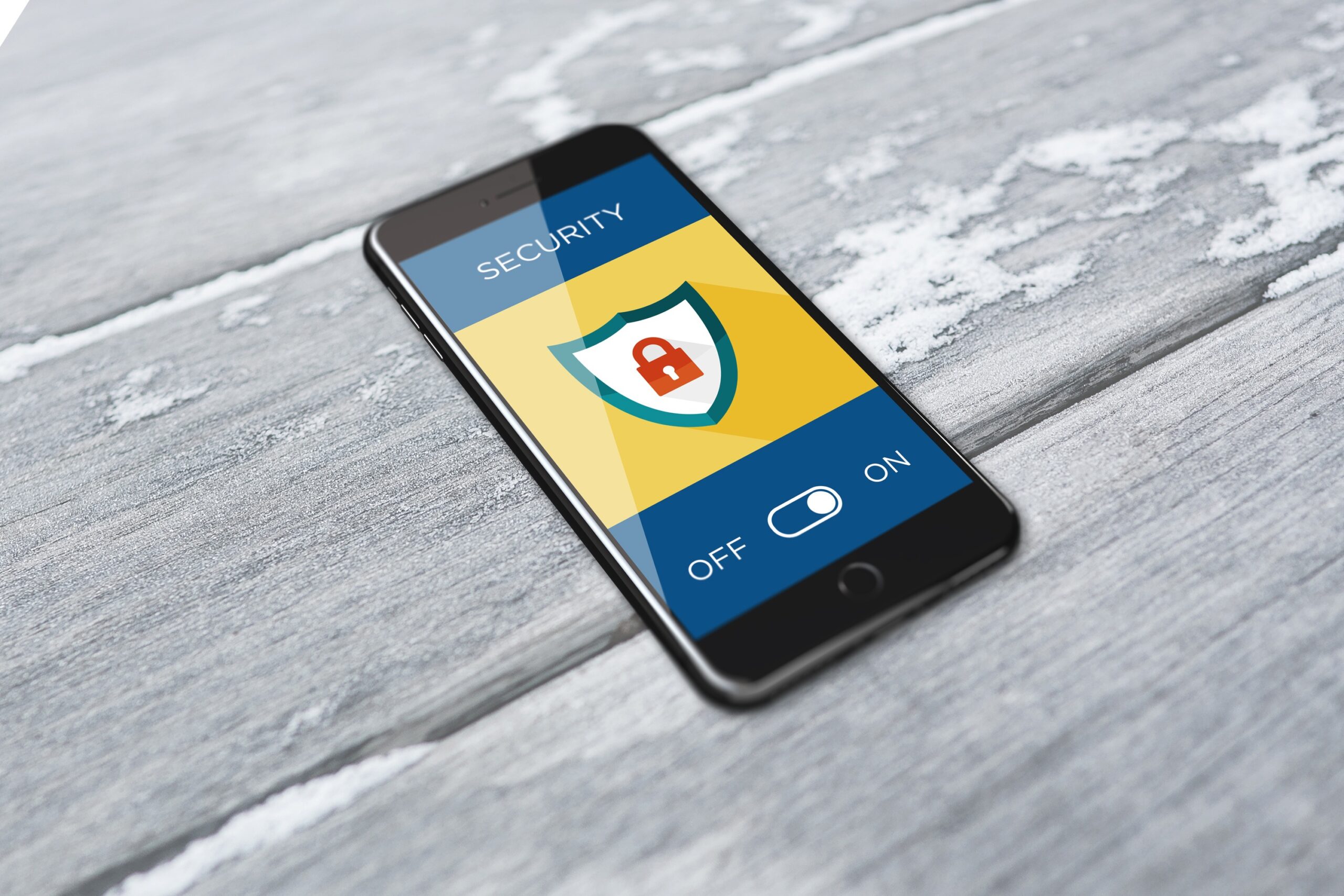Employers are also encouraged to move towards a hybrid model in the longer term
Credit: Adobe Stock
Although most remaining coronavirus restrictions across Scotland are to be removed next week, the Scottish Government will continue to advise citizens to work from home, where possible.
Earlier this week first minister Nicola Sturgeon announced that, from Monday, Scotland would “move beyond” its current “level 0” status. This means that all social-distancing requirements will be removed and, in most settings, limits will be completely lifted on the number of people that can gather – although, for the time being, indoor venues will be restricted to 2,000 people and outdoor gatherings will be capped at 5,000.
But, despite the removal of these restrictions, the Scottish Government will continue to mandate or advise various other measures implemented to slow or prevent the spread of pandemic.
This includes encouraging citizens and organisations to work remotely.
“For now, we will continue to advise home working where possible, recognising that some staff will start to return to offices in line with staff wellbeing discussions and business need,” the government said.
Related content
- Remote DWP workers will not face back-to-office drive
- HMRC offers two days of homeworking each week in standard contract
- Seven in ten civil servants want to work from home at least three days a week
It added that organisations should consider enabling their workforce to better work remotely long beyond coronavirus.
“We will encourage employers to consider for the longer term, as the Scottish Government is doing, a hybrid model of home and office working – which may, of course, have benefits beyond the need to control a virus,” it said.
Other measures to remain in place include a contact-tracing programme, and a legal requirement to wear a face covering on public transport and in indoor public settings.
“While this move will restore a substantial degree of normality, it is important to be clear that it does not signal the end of the pandemic or a return to life exactly as we knew it before Covid struck,” Sturgeon said. “Declaring freedom from, or victory over, this virus is in my view premature. The harm the virus can do, including through the impact of long Covid, should not be underestimated. And its ability to mutate may yet pose us real challenges.”
The Scottish Government’s exhortation to embrace remote working strikes a conspicuous contrast with the UK government, which is understood to have last summer planned to launch a campaign to encourage people to return to offices. This plan was ultimately dropped as the second wave of the pandemic saw cases begin to rise, ahead of the country ultimately returning to lockdown for a second, then a third time.
In recent days ministers have spoken of the benefits of staff returning to offices – and the safety of doing so.
Chancellor Rishi Sunak has encouraged young people that going into their workplace would be “valuable” for them, and would allow for the kind of connections that cannot be forged “over Teams and Zoom”.
Apprenticeships and skills minister Gillian Keegan, meanwhile, told LBC that, while the government is “not telling businesses what to do”, remote working is no longer imperative.
“There was a time in the pandemic when we basically said ‘work from home’; we’re now saying that time has gone,” she said. “It’s safe to go back to the office. Use the summer to ramp up that. There’ll be flexible working in the future, but it is safe to go back to the office.”



